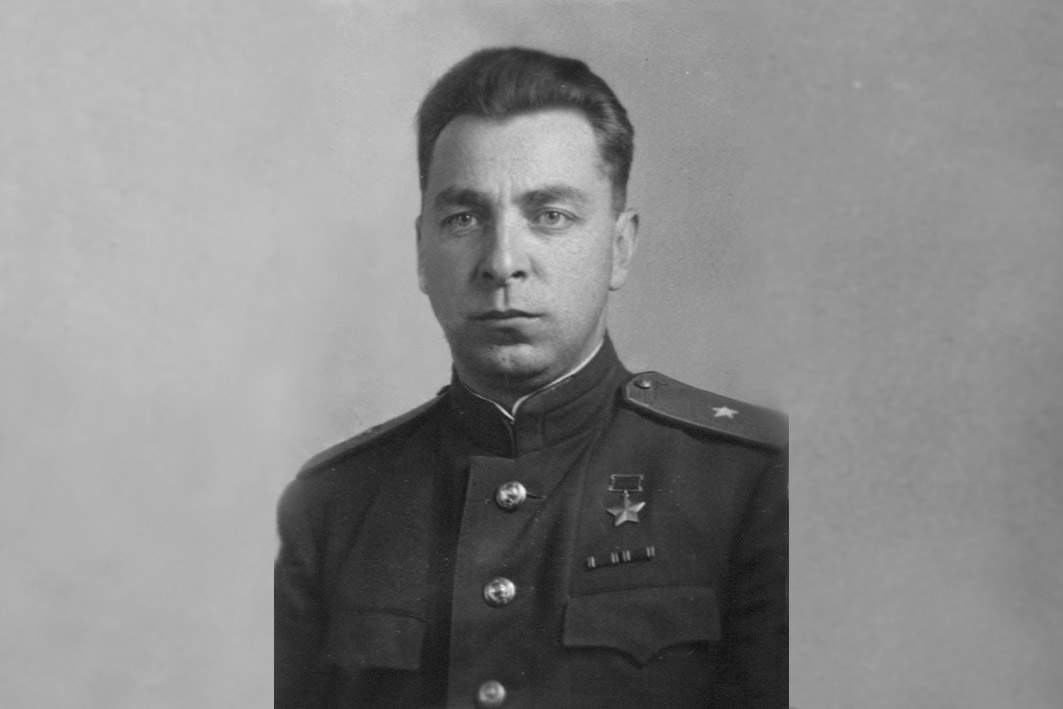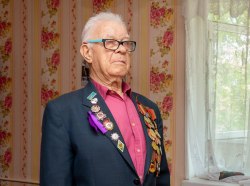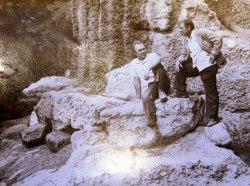On May 21, 1937, a large four-engine АНТ-6 aircraft under the control of polar airman Mikhail Vodopyanov (one of the first seven heroes of the Soviet Union involved in the rescue of the steamship ''Chelyuskin'' crew) brought to the North Pole a scientific expedition. It included polar scientist Ivan Papanin, radio operator Ernst Krenkel, oceanographer Petr Shirshov and meteorologist Eugen Fyodorov. They had created the first drifting Soviet Polar Station –''North Pole-1''.
In the 1930s, Arctic was still perceived as something excessive. ''Alternative space, an area taken beyond the limits of universal human geography, a place of confrontation between human and the force of nature,'' – it is the way historian Ramiz Aliyev described the North. Therefore, the establishment of an Arctic station at those times was comparable only to space expedition. One of the members of this expedition – Eugen Fyodorov – was born in Bendery on 28 March (10 April) 1910. By the time he landed on the floating ice, he was 27 years old.

The North Pole expedition. Eugen Fyodorov is on the right
The work at the station and the results were directed to help to develop the Northern Sea Route, which passed through the Arctic Ocean to the Atlantic, along Europe and Asia coasts to the Pacific Ocean (on the Barents Sea, Kara Sea, Laptev Sea, East Siberian Sea, Chukchi Sea, Bering Sea).
After a discussion with the Arctic Institute scientists, it was decided that meteorological observations, collection of hydrometeorological, hydrobiological and geophysical data, astronomical determination of ice coordinates, and orientation, measurement of ocean depths along the ice drift route and sampling of bottom soil would be carried out at the station. Each polar had different functions. Fedorov compiled weather tests. Among other things, his researches helped the famous Chkalov’s flight from Moscow to America.

Eugen Fyodorov at the station “North Pole-1”
Soon it was found the drift of the floating ice the station was based on. Then the ice went south at a speed of 20 km per day on the Arctic seas. It was in a focus of the constant attention not only of the Soviet, but also of the world press. The scientists were called heroes. Four brave men were surrounded by an icy desert.
After 274 days, the drifting ice turned into a wreck not more than 30 meters wide with several cracks. It was made a decision to evacuate the expedition. The researchers had passed 2,500 km across the Arctic Ocean and the Greenland Sea.
Scientific research conducted during drift has produced many interesting results. Excommunicated in due time from the expedition Professor Wiese noted that ''they had opened the eye of the scientist part of the Globe, which remained previously unexplored.'' And the very fact of such a long stay on the pole strengthened the status of the USSR as the first Arctic power. In Moscow, scientists got a triumphal meeting.
Fyodorov's hometown – Bendery – that time were under Romanian occupation, so very few people knew their fellow citizen was among the famous brave pole researchers.

Eugen Konstantinovich Fyodorov was born on March 28 (April 10), 1910. His father Constantine Nikolayevich served as a junior officer in the fortress.
''By fate, a young Russian officer was directed essentially to a large village of Bendery… There he married a local girl, I also was born there,'' Eugen Fyodorov wrote in his diaries.
With the outbreak of World War I, his father went at the front. The mother and the young son wandered through front-line cities.
At the end of 1916, after several injuries, his father was transferred to the rear, to Nizhny Novgorod. Here family settled for a long time.
In 1928 Fyodorov entered Leningrad University in Physics Faculty geophysical department. At the end of his studies in 1932, he was immediately included in the polar expedition. Then he firstly met famous conqueror of the Arctic Papanin. This determined the future fate of Fyodorov. That's how he ended up among the first four Soviet polar explorers.

Ivan Papanin
After a month of work at the station Fyodorov was awarded the highest award in the USSR the Order of Lenin. By the way, the news about the birth of the first child also came to him while working at the station ''North Pole-1''.
Taking into account scientific achievements, in 1938 Eugen Fyodorov was awarded the title of Hero of the Soviet Union. At the same time, he was appointed Director of the Arctic Research Institute. All four polar researchers have been awarded a Ph.D. in Geographical Sciences.
In 1939 Fedorov was elected a corresponding member of the Academy of Sciences of the USSR. At the same time, he headed the Hydrometeorological Service of the country, where he worked for almost 20 years.
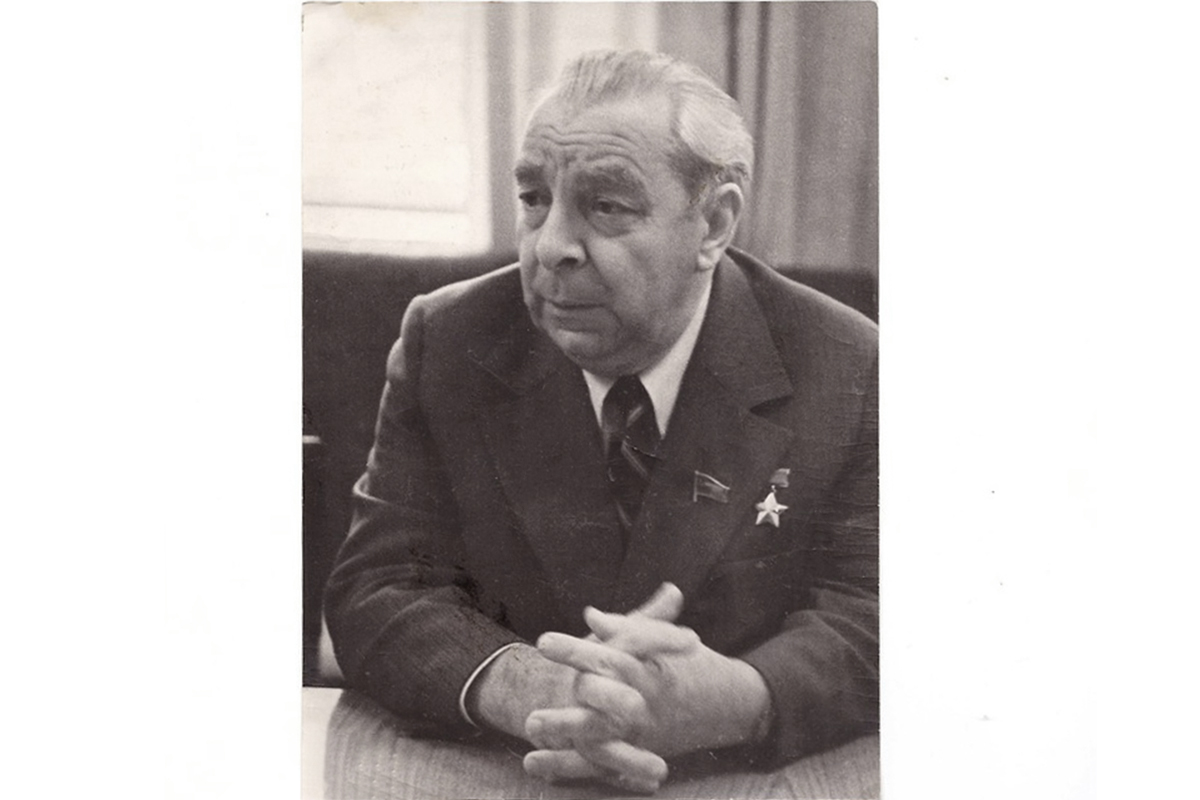
Hero of the Soviet Union Eugen Fyodorov
During the Great Patriotic War Fyodorov was appointed head of the Hydrometeorological Service of the Red Army with the rank of Major General (later grew to Lieutenant General). For skillful leadership, he was awarded two Orders of the Patriotic War and the Order of Kutuzov II degree.
For about 40 years, starting in 1946, Fyodorov was part of the World Meteorological Organization. From 1963 to 1971 he was elected its vice-president and was awarded the Gold Medal.
In addition to the scientific circles, the world fame of Eugen Fyodorov brought activities in the fight for peace on planet Earth. Since 1965, he has been elected Vice-Chairman of the Soviet Peace Committee, which has actively cooperated with the World Peace Council.

In 1955, a group of famous scholars, including Einstein, appealed to scientists of all continents to raise their voice against the use of atomic energy for military purposes, for general disarmament. As a result, in 1957, the movement for peace, for the prevention of world nuclear war, was born in Pugwash, Canada. A permanent Pugwash Committee was formed. Our fellow citizen Eugene Fyodorov was also elected there.
From 1970 to 1976 he served as a member of the Presidium of the World Peace Council and from 1977 as its Vice-President.
''Your choose of the path, work should be based on sincere conviction and genuine internal interest, but not on the other people opinion or material goods,''- Fyodorov said.
In 1976, an academician awarded five Orders of Lenin, a candidate for membership of the Central Committee of the Communist Party, a deputy of the Supreme Soviet of the USSR, Hero of the Soviet Union Eugen Fyodorov visited his small Homeland. He visited the opening of the Bendery Social and Political Club October-60. The crowded hall of the ''Tkаchenko'' community center sincerely welcomed the fellow citizen. The scientist was awarded a commemorative medal ''Born in Bendery''. The symbolic coat of arms of the city was also handed over to him.
Two years later, Fyodorov visited Bendery again. In the park ''Oktyabrsky'' he laid flowers to the monument ''Glorious fighters for the power of the Soviets,'' honoring the memory of the fallen during the Bendery Uprising in 1919. He planted a tree on Friendship Alley. It was his last visit to Bendery.
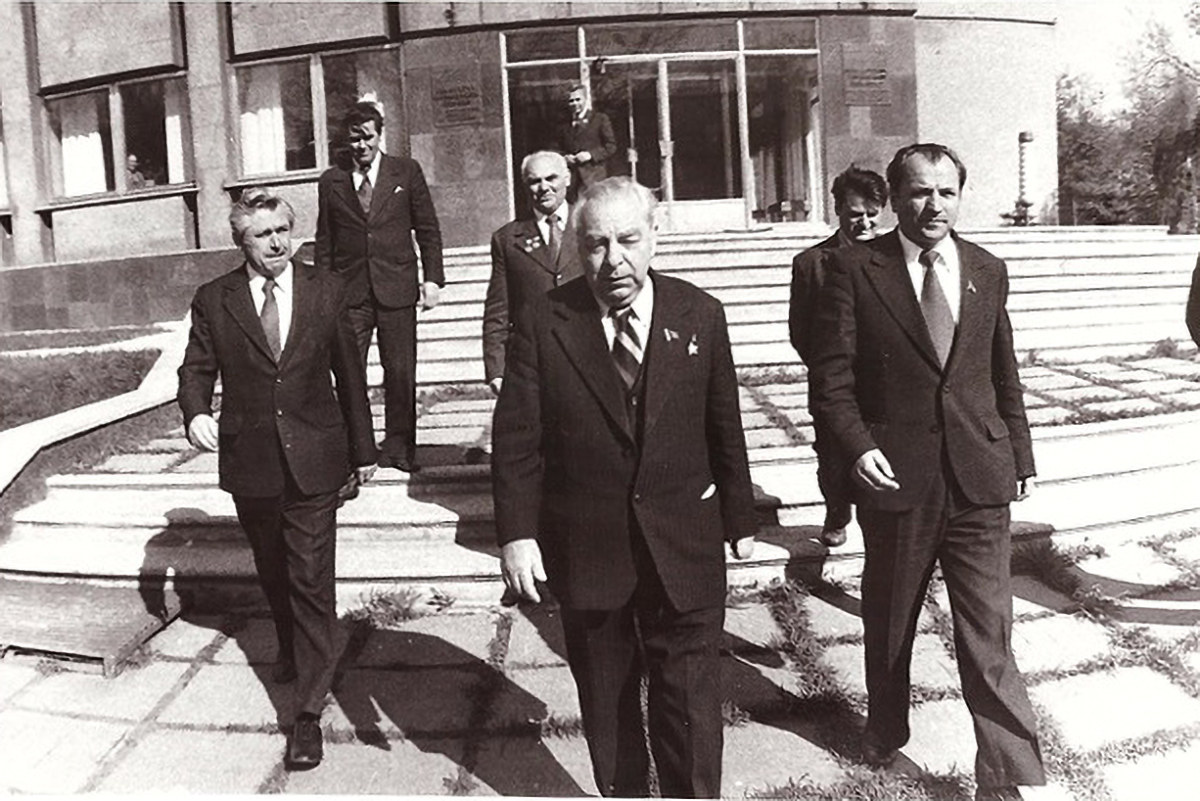
Eugen Fyodorov in Bendery
On December 30, 1981, in the 72nd year of life, Eugen Konstantinovich Fyodorov suddenly died.
Fyodorov's relatives donated unique family relics to the Bendery Local History Museum. His daughter presented the museum with the black mantle of the Honorary Doctor of Science of the Warsaw Polytechnic Institute, as well as leather boots which her father used in the Arctic expedition. His son gave a silver cigar case with a drift map and a gift inscription engraved inside.
In 1982, the street Vokzalnaja in Bendery was renamed in honor of the academician Fyodorov.
Photos: Bendery Museum of Local History.

